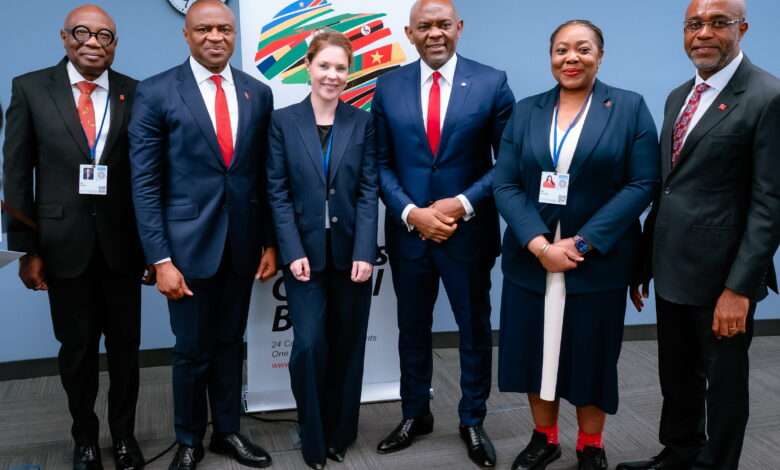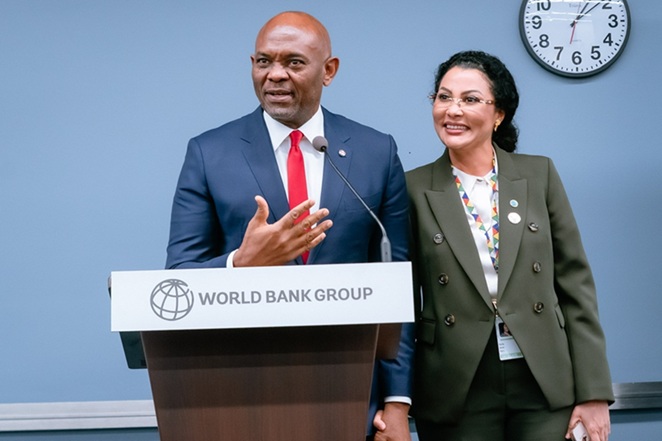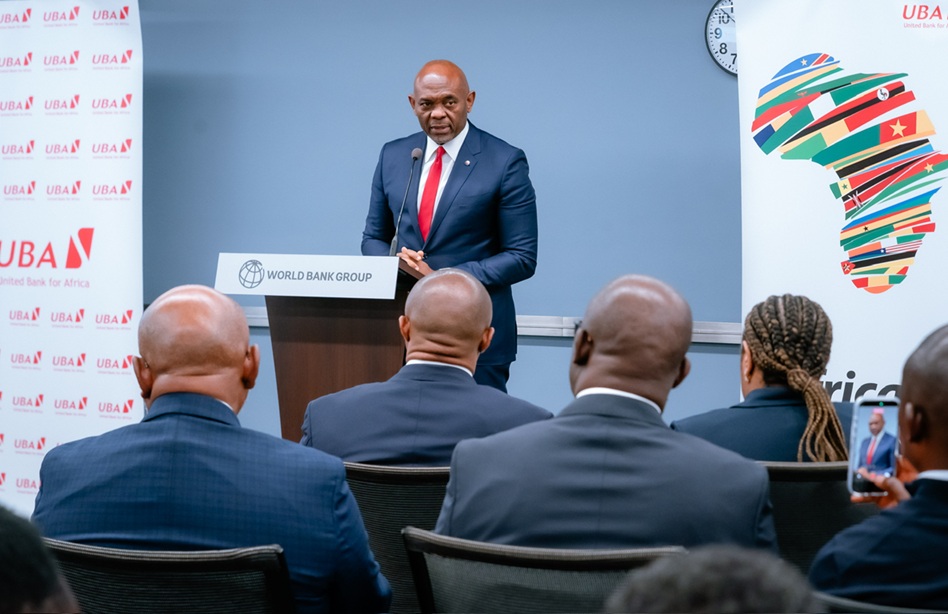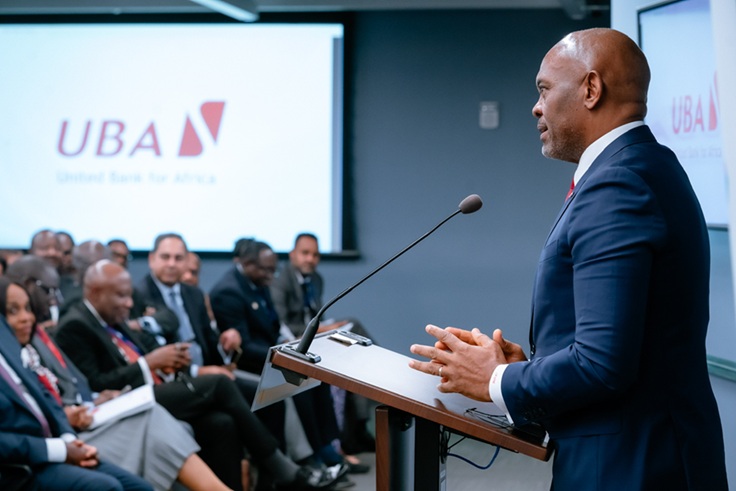Tony Elumelu Charts Bold Path for Africa’s Economic Renewal

Africa’s future could be transformed by a new approach that puts its private sector and domestic capital at the heart of sustainable growth. That is the vision championed by Tony Elumelu, Group Chairman of United Bank for Africa (UBA) Plc, who believes Africa must leverage its own wealth, innovation, and partnerships to build an economy that works for Africans first.

Elumelu’s message is simple but powerful: Africa’s prosperity lies in Africapitalism, a belief that private enterprise, when driven by purpose and inclusion, can deliver both profit and social impact. He argues that by unlocking Africa’s own financial assets, creating stronger collaborations between the public and private sectors, and attracting sustainable global investments, the continent can redefine its economic destiny.
Unlocking Africa’s $4 Trillion Potential
At the core of Elumelu’s vision is the untapped potential within Africa’s own financial systems. The continent holds an estimated $4 trillion in domestic financial assets, including $2.5 trillion in commercial bank assets and over $1.1 trillion in institutional capital. If effectively mobilized, these funds could drive development across sectors such as infrastructure, trade, digital technology, and climate resilience.
This strategy also aligns with the African Continental Free Trade Area (AfCFTA), which presents a $3.4 trillion single market opportunity for African economies. Elumelu insists that with the right financial reforms and strategic alliances, the continent can convert these opportunities into jobs, inclusive growth, and lasting prosperity.

From Vision to Action: UBA’s White Paper
This bold economic vision is captured in UBA’s newly launched white paper, Banking on Africa’s Future: Unlocking Capital and Partnerships for Sustainable Growth. The report, unveiled on the sidelines of the 2025 IMF and World Bank Annual Meetings in Washington, provides a detailed roadmap for translating Africa’s potential into tangible progress.
The white paper explores practical strategies for integrating domestic capital with global partnerships and reshaping financial systems to support long-term development. It highlights key growth pillars such as trade facilitation, infrastructure development, climate finance, digital transformation, and inclusive entrepreneurship, all essential to Africa’s economic resilience.
Empowering the Private Sector and Youth
For Elumelu, empowering Africa’s private sector is key to transforming economies and improving lives. His Africapitalism philosophy calls for investing in African entrepreneurs, expanding access to finance, and fostering innovation. By doing so, he believes the continent can create millions of jobs, reduce poverty, and accelerate the shift toward self-sufficiency.
The white paper also underscores the importance of digital innovation in expanding financial inclusion. From mobile banking to fintech solutions, technology is enabling more Africans, especially women and youth, to participate in the formal economy and access opportunities that were once out of reach.

A Call for Collective Action
Elumelu’s message extends beyond UBA and the banking sector. It is a call to governments, investors, and development institutions to see Africa not as a recipient of aid but as a partner in shared prosperity. He argues that by working together to de-risk investments, promote transparency, and strengthen institutions, Africa can unlock its potential and attract sustainable capital flows.
He emphasized that now is the time for action: “To investors across Africa and the globe, join us in mobilizing our $4 trillion domestic capital alongside strategic partnerships to bridge opportunities, de-risk investments, and build a self-determined future.”
The Road Ahead
Elumelu’s vision, anchored in Africapitalism, reframes Africa’s growth story. It replaces dependency with self-determination and short-term projects with long-term investments in people and innovation. If embraced widely, this approach could spark a new era of inclusive growth where African nations are not just participants in the global economy but architects of its next frontier.Africa




